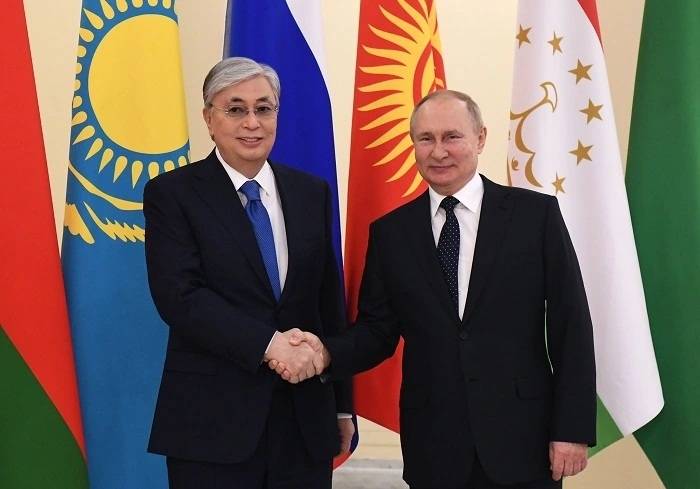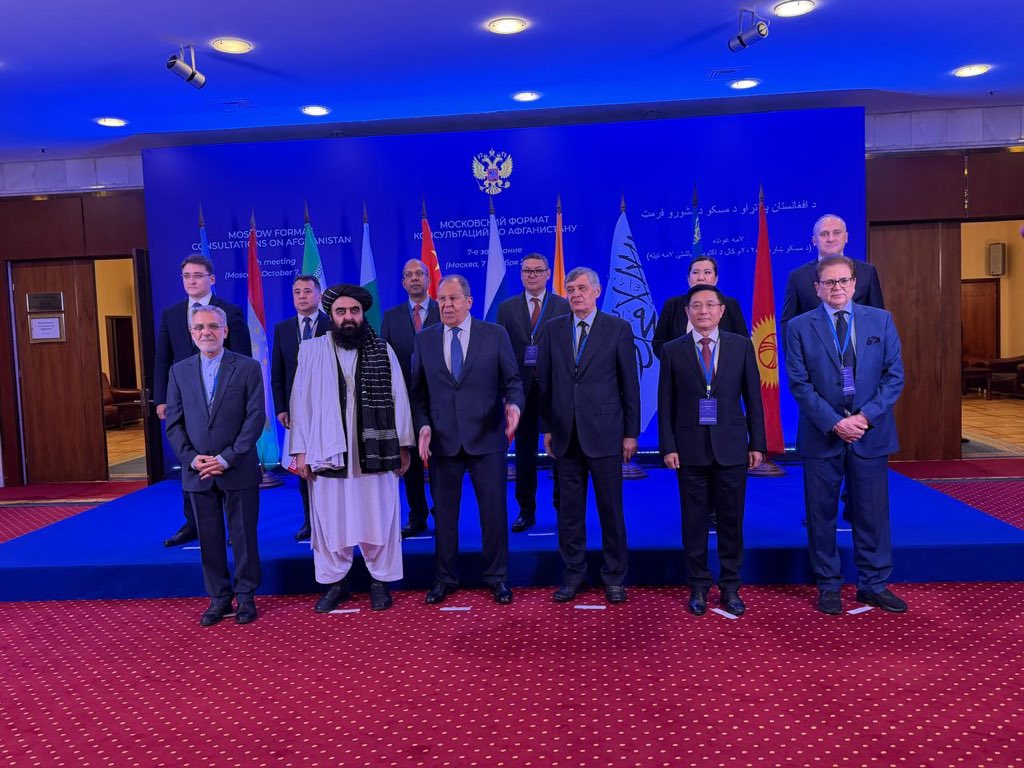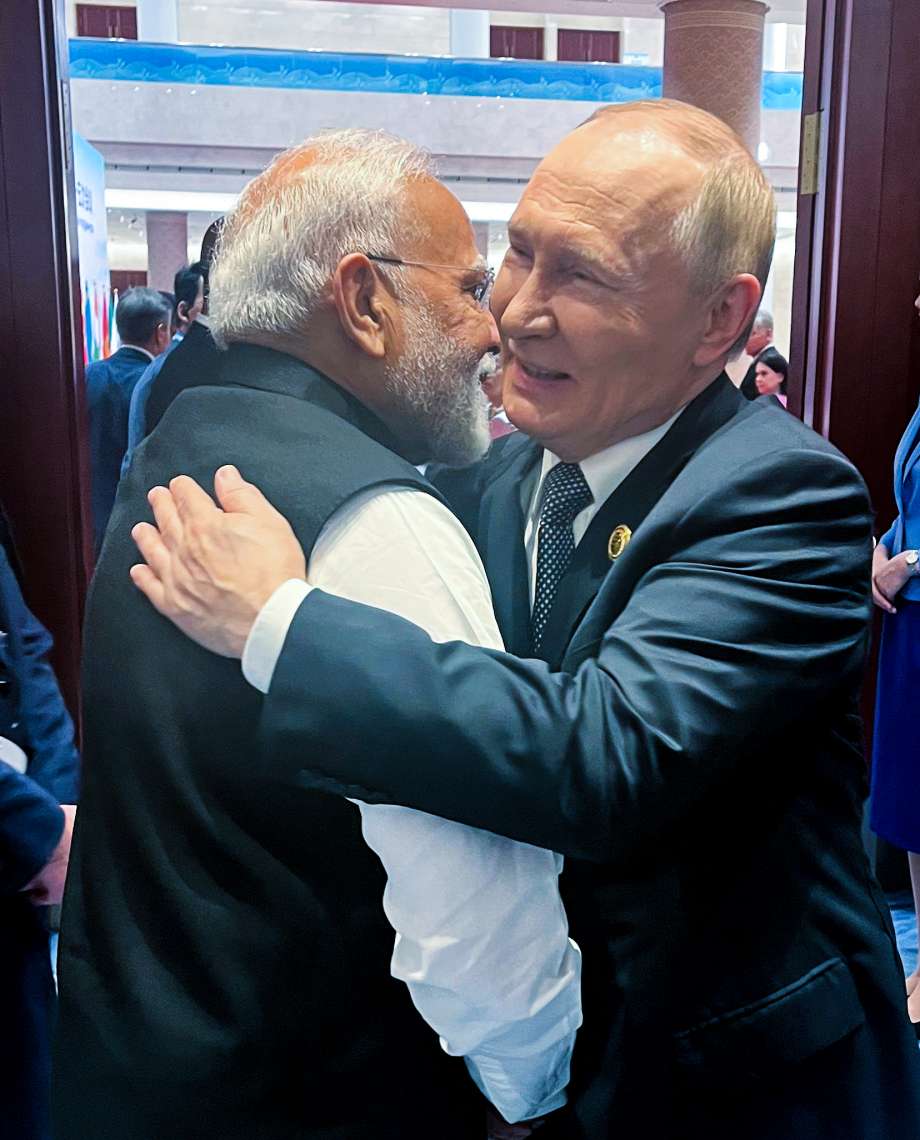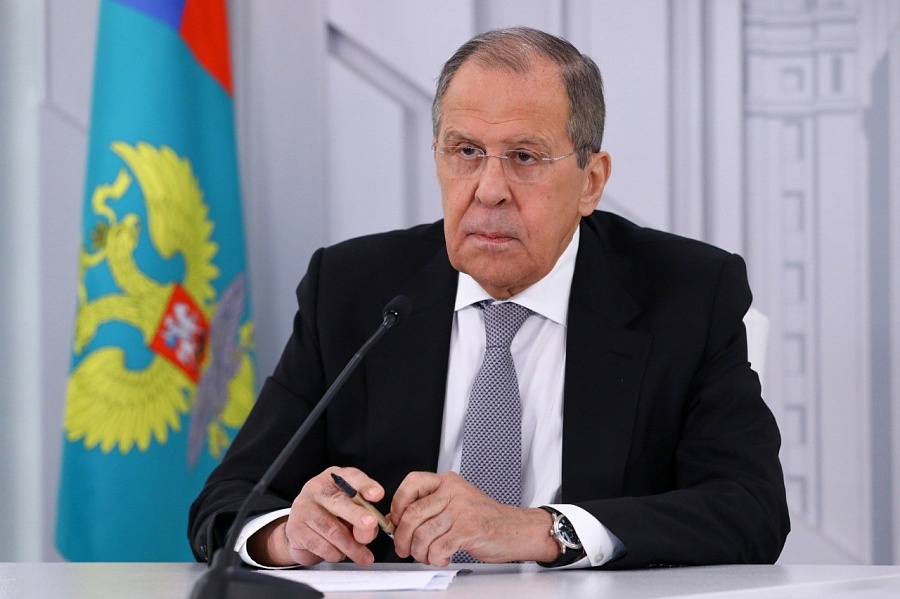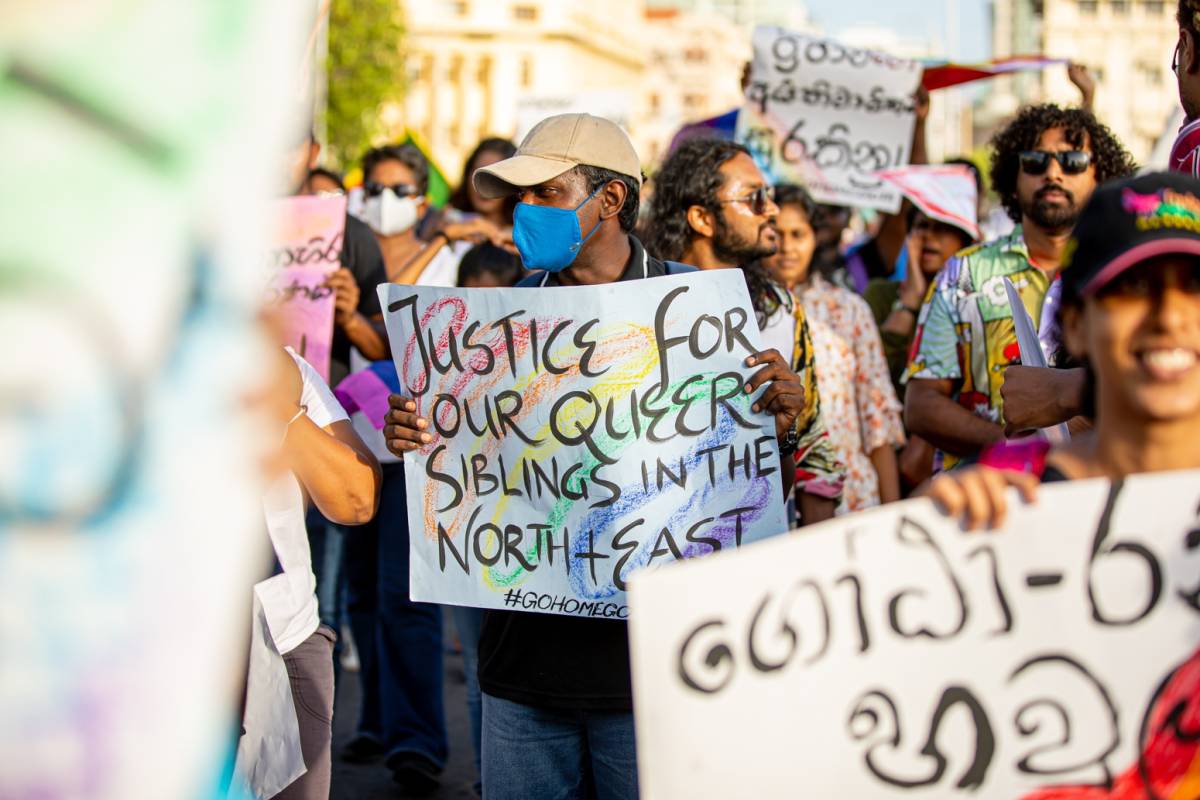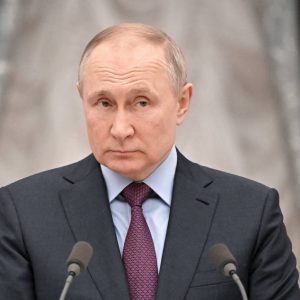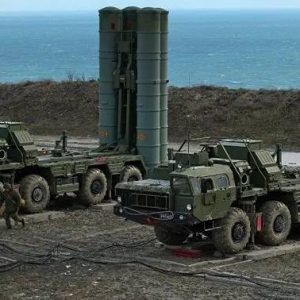Kazakhstan’s predicament is understandable. In January this year it tasted the stuff that is the nightmare of the region’s regimes – mass popular and spontaneous uprising across the country, which then it reported was infiltrated by terrorists and radicals, writes Aditi Bhaduri
As Russia’s conflict with Ukraine drags on, its allies and partners in Central Asia are caught in a bind. So far Kazakhstan, the largest Republic in the region in terms of territory, has refused to follow the Russian example of recognising the breakaway regions of Donetsk and Luhansk as sovereign states. Together they form the Donbass region which was part of eastern Ukraine at the time when war with Russia broke out in February.
In March, Kazakhstan refused to send troops for Russia’s military operations in Ukraine. It then announced that it would not recognise the breakaway regions.
On February 21, Russia had recognized the breakaway regions, governed by Moscow-backed militias, as sovereign republics. President Vladimir Putin had announced recognition and signed a decree to that effect.
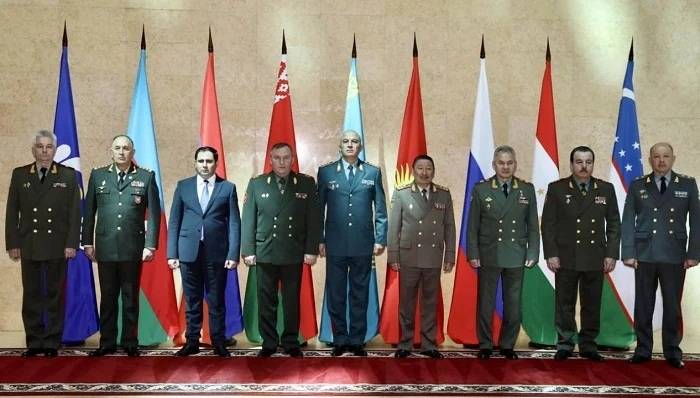
More recently, Kazakh President Kassym-Jomart Tokaev reiterated his country’s stand vis-à-vis these breakaway republics at a discussion at St. Petersburg where he was attending the St. Petersburg International Economic Forum. According to the president, two key principles in the UN charter — the territorial integrity of countries and the right of nations to self-determination — were at odds with each other in this case. However, if nations’ right to self-determination is exercised all over the globe, instead of the 193 current UN states, 500-600 states would be formed, creating chaos.
Yet Tokayev’s very presence at the conference was reflective of Kazakhstan’s ties with the Russian Federation. This year with most European countries boycotting the St. Petersburg International Economic Forum, the presence of countries carried special symbolism. And Kazakhstan turned out to be a major presence. Tokayev even went on to say that he supported greater Eurasian integration – the Greater Eurasian Partnership, Putin’s pet project, which he announced in 2017. “Kazakhstan, being an active participant in the integration processes, is invariably in favor of mutually beneficial cooperation with other international organizations. …….. the topic of the formation of the Greater Eurasian Partnership is being discussed with interest at the St. Petersburg Forum……… It is expected that this concept will be oriented, including the creation of a common space of equal cooperation between regional organizations. Therefore, Kazakhstan maintains a positive attitude to the process of creating the Greater Eurasian Partnership,” the president said.
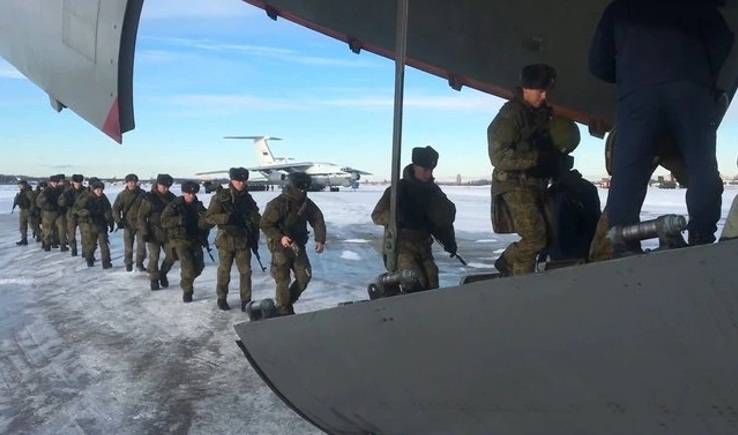
Kazakhstan’s predicament is understandable. In January this year it tasted the stuff that is the nightmare of the region’s regimes – mass popular and spontaneous uprising across the country, which then it reported was infiltrated by terrorists and radicals. In panic it called on Russian led troops from the Moscow-led Collective Security Treaty Organisation (CSTO). However, it also had to assuage genuine grievances and so had the CSTO troops removed as quickly and suddenly as they had been called. While relations with Moscow are crucial in terms of trade, economy, and energy sales – Kazakhstan is a member of the Eurasian Economic Forum, Russia is its largest trading partner and, and, in spite of the western sanctions of Russia, bilateral trade has actually increased since the commencement of Russia’s Ukraine invasion to 12 billion USD, an increase of almost 30 per cent from 2021; it uses Russian territory for access to the Arctic Sea and the Northern Sea Passage, which is important for this landlocked country, and Russian pipelines to transport its oil.
Yet, Kazakhstan, like other Central Asian countries, boasts of a “multi-vector” foreign policy, trying to do a balancing act between Russia, China, the European Union – a major trade partner -, and the USA. Beyond this, however, Kazakhstan shares a long border with the Russian Federation, almost 7,644 km. It also has a sizable ethnic Russian population.
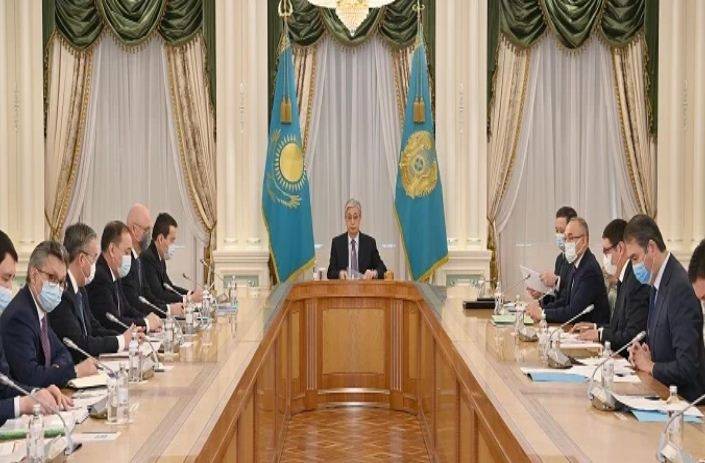
Even though the community’s share has dwindled over the years since the disintegration of the USSR and emergence of Kazakhstan as a sovereign republic, it still forms around 17 per cent of the overall demographics of the country. They are concentrated around the Northeast of the country, contiguous to the Russian Federation. Though it is improbable that Russia would launch any similar operation on Kazakh territory, and neither have Kazakhstan’s Russian population been subjected to any serious existential threat, as it has done in Ukraine or earlier in Georgia, it is still an unsettling idea for the Kazakhs.
Tokayev’s tightrope walk is thus on expected lines. On one hand ties with Moscow are important, hence Kazakhstan abstained from a UN General Assembly vote condemning Russia’s actions in Ukraine, and voted against the resolution which removed Russia from the Human Rights Council. And which explains Tokayev’s presence at the SPIEF, after cancelling the much-vaunted Victory Day parade at home in May this year – a hallowed Soviet legacy, and his support for the Greater Eurasian Partnership. On the other hand, the recognition of Donetsk and Luhansk People’s Republic raises the spectre of a similar operation on Kazakh territory any time in the future. Young westernized Kazakhs, like elsewhere in the region, also held small protests in support of Ukraine, but for political stability Tokayev will always have to turn to Moscow as the events of January demonstrated.


